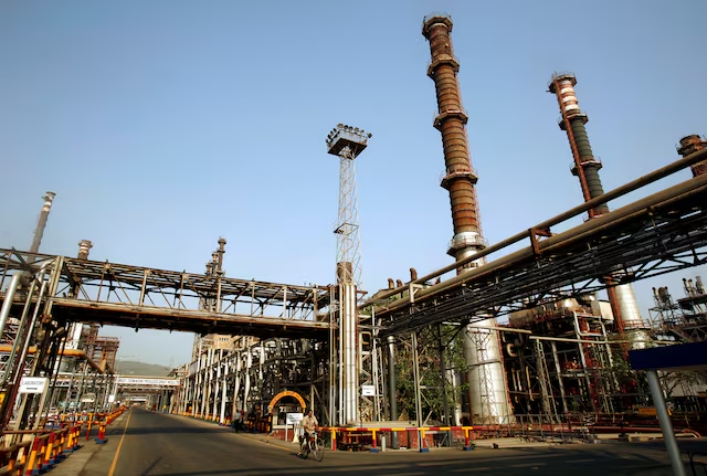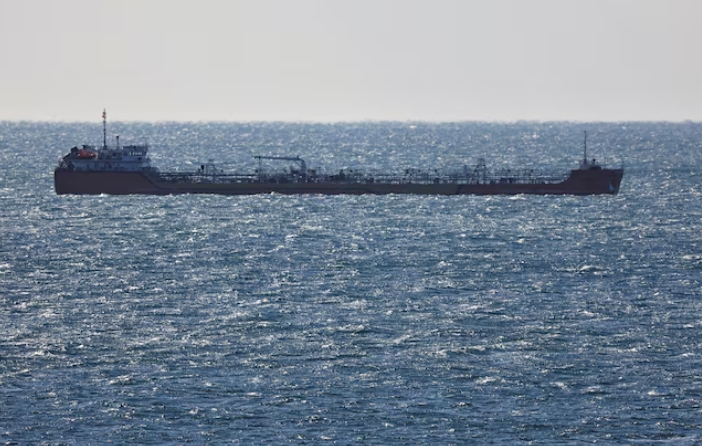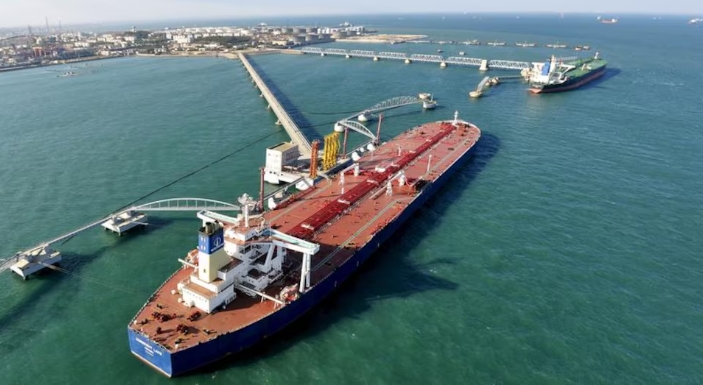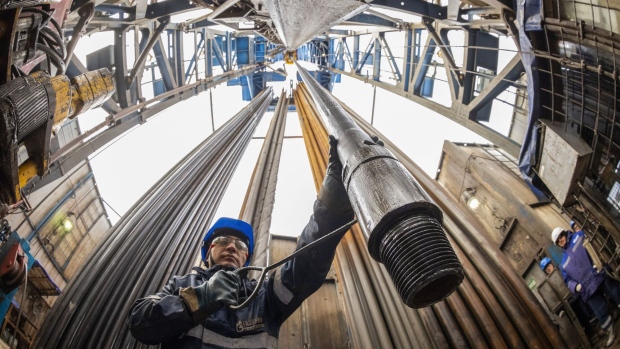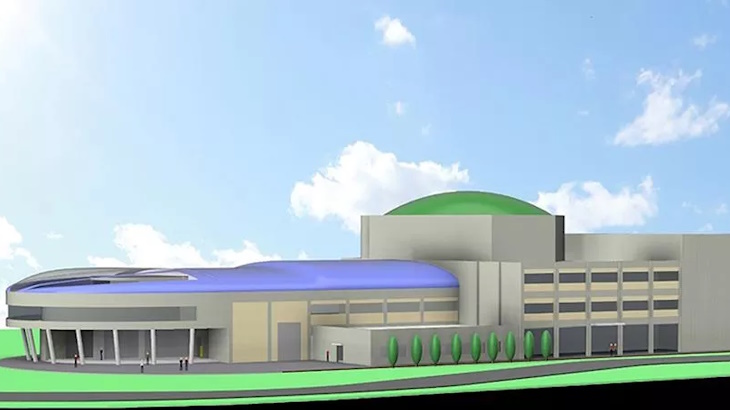
The company was selected through a competitive process and has now signed a basic contract with the Japan Atomic Energy Agency (JAEA) under which it is to handle all work related to the development of the new research reactor, and will commence construction.
The new test and research reactor is an experimental facility and will conduct research and development using neutrons, a type of radiation.
The site at Tsuruga City in Fukuis Prefecture was home to the Monju prototype fast breeder reactor. The 280 MWe reactor initially started up in 1994 but only operated for a few months before a sodium leak led to it being shut down. It restarted in 2010 but again only operated for a very short time before it was again put out of action when refuelling equipment fell into the reactor vessel during a refuelling outage. The equipment was subsequently retrieved and replaced, but Japanese nuclear regulators did not permit the reactor to restart.
The government announced in December 2016 that the idled fast breeder reactor would be decommissioned, and a new research reactor built at the site. The Ministry of Education, Culture, Sports, Science and Technology led a process to determine what that reactor should be used for and in 2020 selected the JAEA, Kyoto University and the University of Fukui to lead conceptual design and operation of the new research reactor.
MHI said it has already completed many construction projects for atomic energy plants, including construction projects and renovations to meet new regulations at Japanese pressurised water reactors. The company also played a leading role in the construction of JAEA's previous test reactor, the high temperature engineering test reactor (HTTR) at Oarai, which opened in 1998.
It also oversaw the closing of the Monju prototype fast breeder, and said it was able to coordinate the development of the new research reactor with activities at the shut-down plant to ensure that the construction process is carried out smoothly. Decommissioning of the prototype reactor is expected to take 30 years to complete.
Earlier this year, MHI was selected by Japan's Agency for Natural Resources and Energy - part of the Ministry of Economy, Trade and Industry - as the core company to lead the development of a high temperature gas-cooled reactor programme, and by the Japanese government to lead the conceptual design of a demonstration sodium-cooled fast reactor that is to enter operation in the 2040s.
"MHI will utilise the technical capabilities it has accumulated thus far as it works on the development of the new research reactor as a core company," it said.


